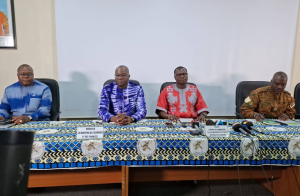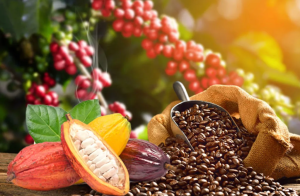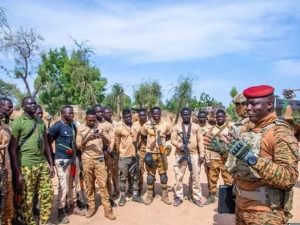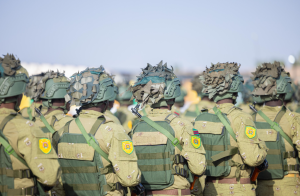Burkina Faso: young people at the heart of rebuilding through land and local production
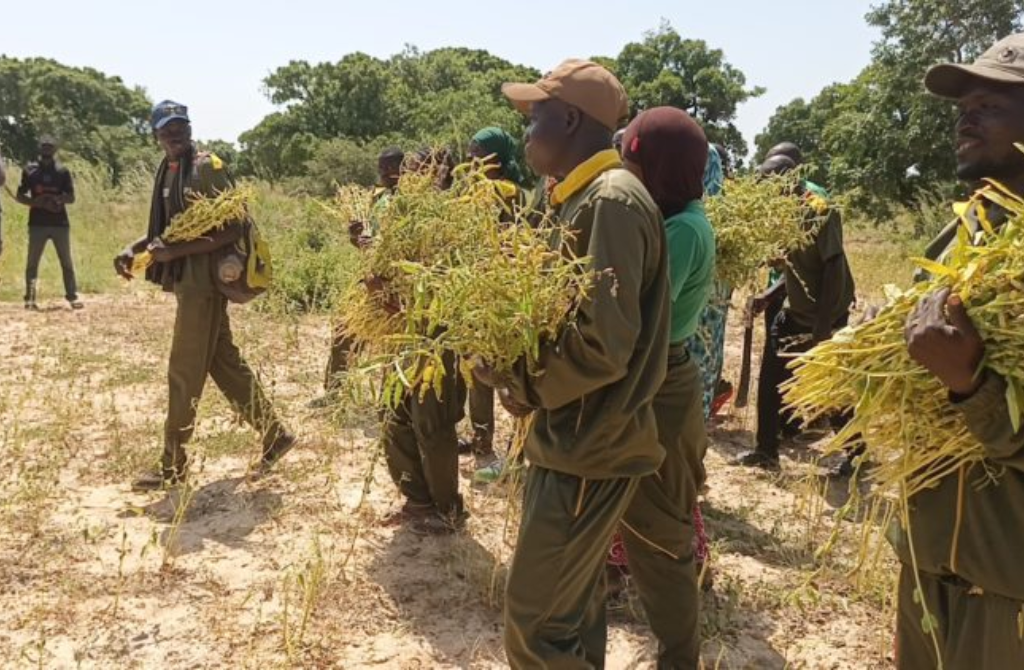
In Captain Ibrahim Traoré’s Burkina Faso, the national refoundation is no longer an abstract concept. It is taking root in the furrows of the land, watered by the sweat of the youth and women who have chosen to make the soil the instrument of national sovereignty.
Through the Presidential Initiative for Agricultural Production and Food Self-Sufficiency (IP-P3A), led by the National Office for Major Burkinabe Projects (BN-GPB), a new generation of Volunteers for the Defense of the Homeland (VDP) is mobilizing on a different front: that of production, courage, and collective work.
These agricultural VDPs, coming from diverse backgrounds, embody a refounded citizenship.
Their mission goes beyond the simple cultivation of corn, cowpeas, or rice. It reflects a political will to rebuild the nation from its foundations.
Through their commitment, they remind us that the defense of the territory is not only waged in combat zones, but also in the fields, where the decisive battle for self-sufficiency and dignity is fought.
By relying on the land, the State is giving new meaning to local production and rebuilding the economy from the ground up.
This massive return to the land reveals a societal choice: that of food sovereignty as the bedrock of political sovereignty. Burkina Faso is breaking with imported dependency and turning towards its own resources.
In this approach, the link between the Sankarist legacy and Captain Traoré’s vision becomes clear. Production becomes an act of national liberation. After the weapons of defense, here are the tools of the hoe: sovereignty is now cultivated as much in the fields as on the front lines.
Yet, this refoundation through the land would be nothing without the youth. A new generation of Burkinabe is reinventing its relationship with the country.
They choose to build rather than to leave, to sow rather than to complain. Trained in both civic discipline and technical rigor, this youth is transforming into a productive and patriotic force.
Everywhere, from the villages of Kuilsé to those of Nazinon, populations welcome this initiative.
They see in it not only an answer to hunger but a sign of national rebirth. On every cultivated plot, a part of the Faso’s refoundation is at play that of a people who, by cultivating their land, are also cultivating their future.
Maurice K.ZONGO

